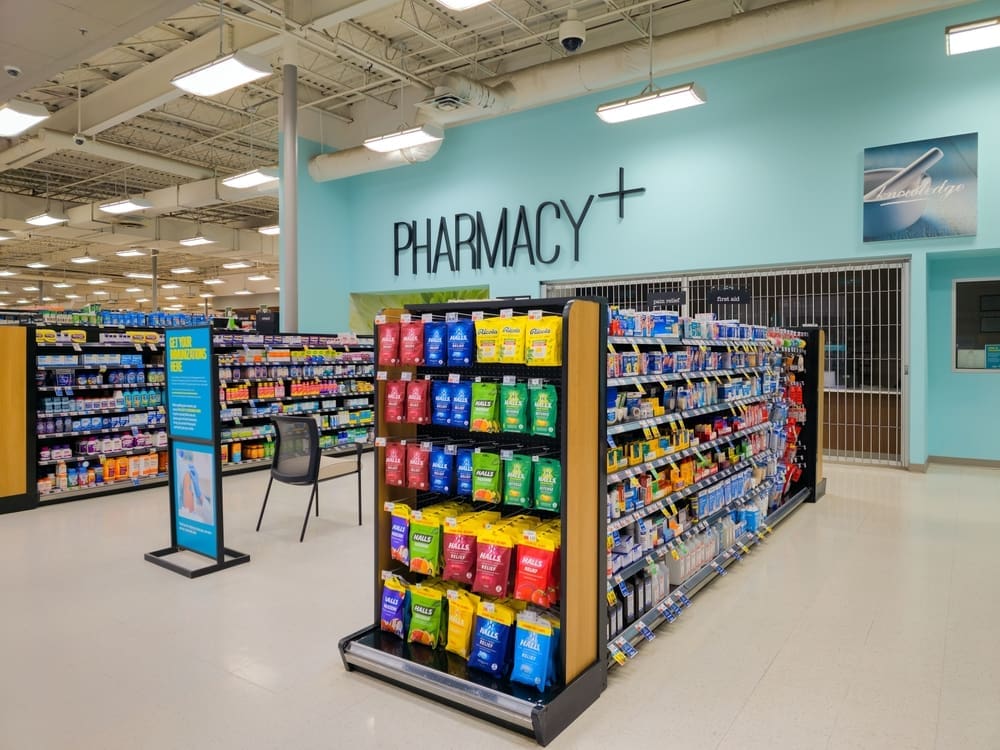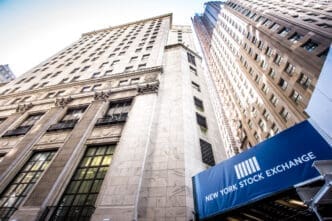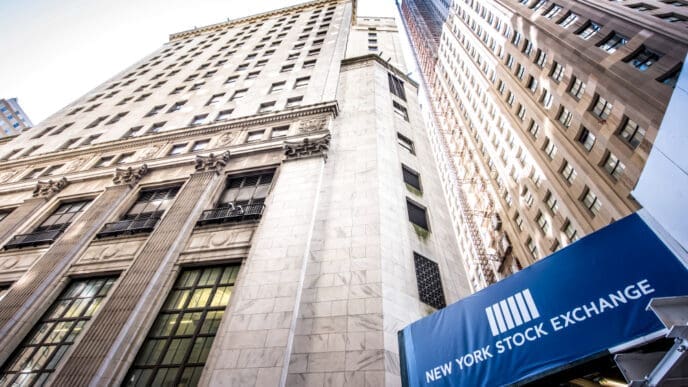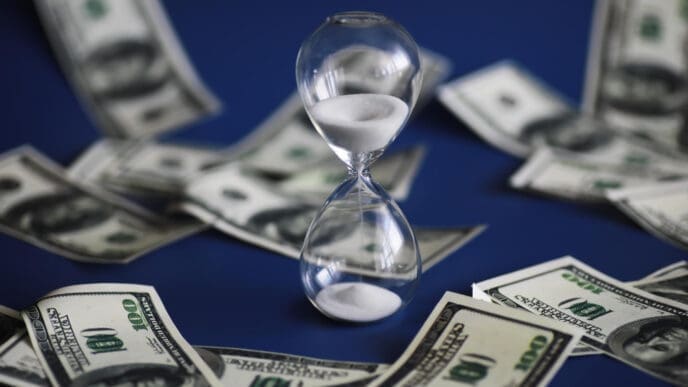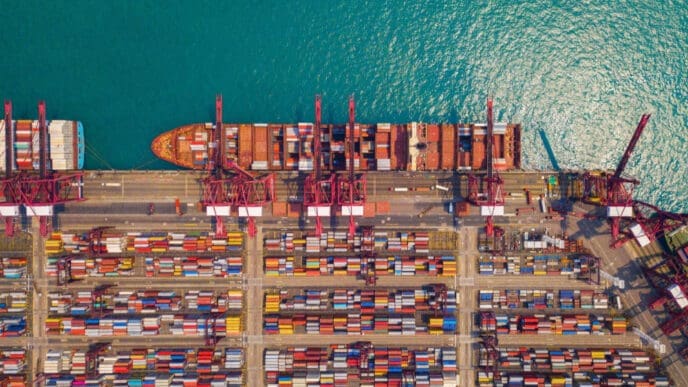In a pharmacy environment, the preparation for potential disruptions in the drug supply chain is becoming increasingly crucial. Many independent pharmacists are expressing concerns that tariffs aimed at promoting domestic drug manufacturing could unintentionally lead to business closures, increased prices, and heightened drug shortages that have long affected patients.
In anticipation of these challenges, some pharmacists are proactively securing extended supplies of high-cost medications to protect their operations from the announced tariffs on imports. The prospect of further tariffs specifically targeting pharmaceuticals raises the issue of escalating costs for medications. While the rationale for shifting production from certain countries to the U.S. is clear, the practical implications and possible fallout from such a shift are complex.
Pharmacists already facing pressure from insurance companies and intermediaries find themselves dealing with the repercussions of tariff policies. The entire pharmaceutical supply chain, including manufacturers and wholesalers, generally opposes these tariffs. Experts caution that the reduction of pharmaceutical imports could lead to significant shortages, particularly as the U.S. relies heavily on crucial ingredients from foreign sources. Increased tariffs could drive up the costs of both raw materials and finished drugs.
With the recent announcement of substantial tariffs on pharmaceuticals, a sector that has been largely free from such measures for decades, manufacturers are closely assessing the potential impacts. The U.S. has imported a vast amount of medicines from various regions, and the uncertainty brought about by tariffs poses a risk to the entire industry.
Pharmacists are concerned that even a modest tariff could significantly affect their financial operations, as rising costs on a per-prescription basis could accumulate across numerous transactions. In response, some have begun to stock up on commonly prescribed medications to shield themselves from price volatility.
Independent pharmacies, which often operate on narrow profit margins, might struggle unless reimbursement rates adjust to compensate for the higher costs. Unlike many retailers, pharmacies typically cannot transfer increased costs to patients since they are bound by fixed payments from insurers and pharmacy benefit managers. Concerns are growing regarding the financial strain and the potential regulatory issues arising from decreased oversight.
While there is a belief among some industry experts that targeted tariffs could encourage domestic manufacturing in certain areas, the intricate nature of the pharmaceutical supply chain complicates the effectiveness of broad tariff applications. Establishing new manufacturing facilities domestically requires significant time and financial investment.
There is a sense of cautious optimism about the potential for tariffs to stimulate domestic chemical production, given competitive real estate costs in certain areas. However, some experts warn that merely implementing tariffs may not be sufficient to motivate generic drug manufacturers to build new facilities domestically due to economic hurdles.
In light of previous financial struggles faced by U.S. generic drug firms, there is a recognition that tariffs alone may not resolve deeper issues within the industry. Leaders stress the need for a careful approach to tariff implementation to prevent exacerbating existing drug shortages.
Ultimately, the uncertainty surrounding tariffs poses considerable challenges for pharmacists, who must navigate the balance between providing patient care and managing the financial realities of fluctuating medication costs. The broader implications for the pharmaceutical industry and access to affordable medications remain a pressing concern.


